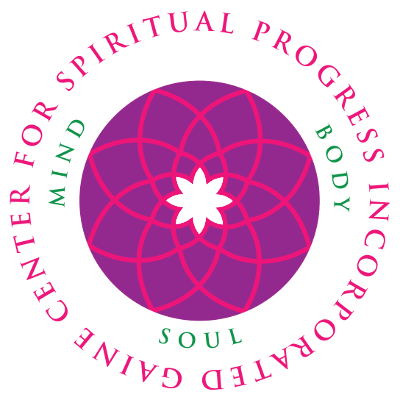Avoiding Guilt in the Spiritual Journey
by Dr. Manoj Sharma

Source: The Daily Guardian
Guilt (atyaya in Sanskrit) is an emotion that arises when someone does or believes they are committing something wrong. In legal parlance, guilty refers to having been found to have committed an offense or crime. Guilt is focused on the past, unlike fears that are future-oriented.
Guilt has several underlying sources. Susan Krauss Whitbourne (1948-present), a psychologist, talks about different causes of guilt. Guilt can arise because we may have dishonored our ethical standards, such as by being dishonest, by cheating, by stealing, etc.
Guilt can also be caused by doing something that we determined we would never repeat such as smoking, drinking, etc. Guilt can also come from something we want to do but never get a chance to do. For example, we may have spent time earning a degree and in the process sacrificed spending time on socialization, and that makes us develop a feeling of guilt. Sometimes guilt can arise from not being able to do enough for those people for whom we wanted to do more. For example, one may be living far from one’s parents and may have regret for not being able to help them in their old age, which may create a sense of guilt. Sometimes, guilt may owe its origin to something that we perceive we have done but this may not be the case. For example, we may think that we cast an evil eye on somebody by thinking in a negative way about them which is irrational, but we may still blame ourselves and develop guilt. Finally, we can also develop guilt by doing better than others. For example, in a war zone many soldiers who survive blame themselves for not dying while their friend may have died.
Carlos Tilghman-Osborne and colleagues at Vanderbilt University explored the definitions of guilt. First, they found that guilt involved “moral transgression” or violation of a sense of right or wrong. Second, it may involve “social transgression” or violation of societal norms. Third, in terms of behavior, it may involve either action or failure to act. Finally, guilt often involves remorse and reparation that may necessitate the need to apologize or confess and fix what has been done wrong. Often undue guilt leads to conditions such as post-traumatic stress disorder (PTSD), obsessive-compulsive disorder (OCD), eating disorders, depression, or anxiety disorders.
While guilt cannot be completely removed from our psyche, we can keep it manageable so that it does not cause destruction. How do we get over guilt? The method to overcome guilt is to practice forgiveness. We need to learn to forgive ourselves as well as others. We must understand that no one is perfect. We all make mistakes. Alexander Pope (1688-1744), an English poet, wrote, “To err is human; to forgive, divine.” It is that art of forgiveness that needs to be inculcated. If we make a mistake we should there and then acknowledge it and determine not to repeat it. Self-forgiveness is the first step in developing a loving, accepting relationship with self that is very important for having peace and contentment in life. Likewise, we must be forgiving of others not because they necessarily need it but for our peace and contentment of mind. Genuine forgiveness of others with love and compassion prevents the development of guilt in them and protects us from harmful sequelae of anger and vengeance. We must make it an everyday practice to forgive ourselves and others for whatever wrong we or they may have committed.
Dr. Manoj Sharma is a Professor and Chair of the Department of Social and Behavioral Health at the University of Nevada, Las Vegas, USA. He is an avid practitioner of Kundalini Yoga.


